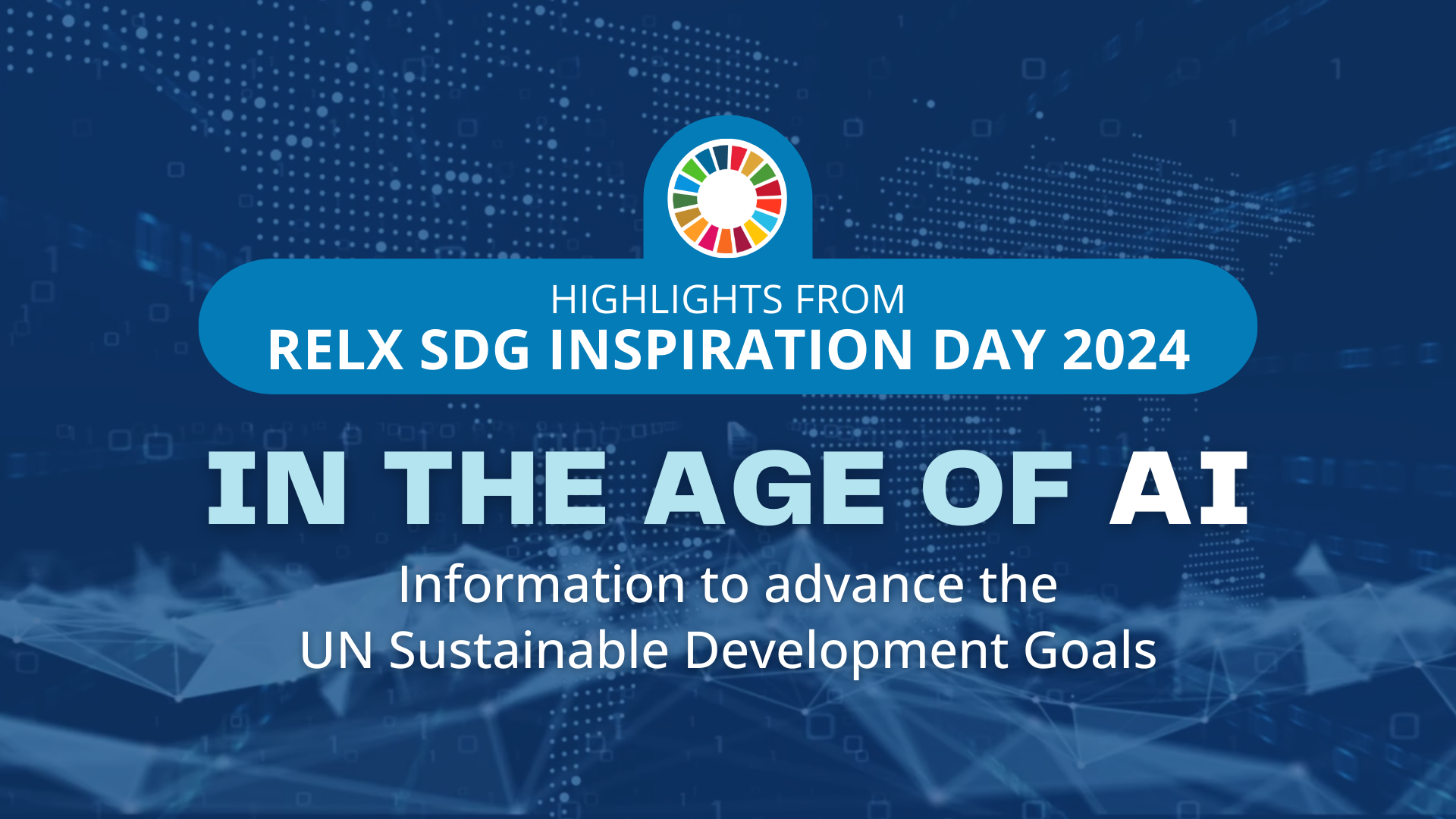Encyclopedia of Renewable Energy, Sustainability and the Environment, Volume 1, 2024, Pages 497-508
This chapter relates to the energy transition and renewable fuels for global energy demands. UN SDG Goal 7
More than 1100 people came together virtually on 18 June 2024 for the tenth edition of the RELX SDG Inspiration Day: "In the Age of AI: Information to Advance the UN Sustainable Development Goals (SDGs)." The annual online event brings together thought leaders, corporate representatives, students, investors, governments, and NGOs to explore pressing issues, gain practical insight, and inspire action on the United Nations Sustainable Development Goals (SDGs).
This study reveals that the estimation of lipids and carotenoid levels could support the early diagnosis or help to understand the pathophysiology of Alzheimer's Disease.
Smart City Assessment, A Novel Framework for Development and Evaluation of Smart Cities, 2024, Pages 135-184
This chapter aligns with SDG Goals 7, 11, and 13 by discussing the challenges and opportunities in integrating renewable energy, ensuring infrastructure resilience, addressing data privacy, and bridging the digital divide.
Recognising our customers' exceptional work to achieve the UN Sustainable Development Goals.


